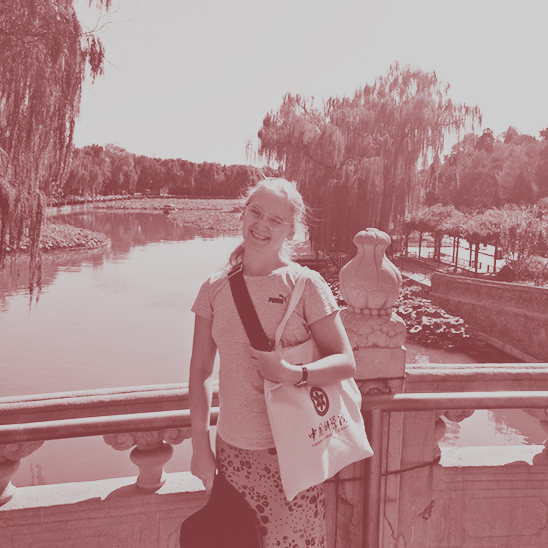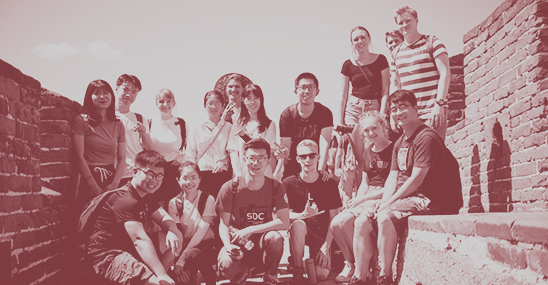From Nano Scale to Micro Scale
An impressive interview experience and a project that got increasingly interesting, persuaded Elisabeth Filippa Ferdinand Knipschildt to take on a PhD even though becoming a researcher was not always in her plans.
‘I had never done a job interview for a full-time job before, and the topic was a little left field for me, so initially I wanted to see if I could get an interview. It turned out that my competences were a great match for the position, and we had great chemistry,’ says Elisabeth Filippa Ferdinand Knipschildt, who joined the Manufacturing Engineering research unit at DTU shortly after graduating from the Nanoscience and Technology programme in Beijing in the summer of 2021.
The Experimentalist
The objective of Elisabeth’s PhD project is to explore, analyse and quantify local microstructural variations in deformed metals on appropriate length scales and employ these variations to understand the nucleation during subsequent annealing using electron microscopy. Basically, she investigates how aluminium reacts when it has been put under pressure and heated. It is known that it forms new microstructures, but not enough to be able to predict the changes that occur and why.
‘Aluminium is used by all types of manufacturing companies, thus being able to predict how it will behave under different types of stress is very useful for the industry. However, I was brought in as an experimentalist and I will focus on the how and why, and others will investigate what this specific knowledge can be used for,’ she says.

Previously, due to her educational background, Elisabeth has primarily dealt with the nano scale, but since taking on the PhD position, she has moved her focus to the micro scale. Therefore, during the early phases of her project, she has familiarised herself with the field by reading literature and writing a review paper. In the beginning of 2022, however, she will start her lab training, so she can begin carrying out experiments.
‘Working as a scientist, the flexibility is great. Although I have been assigned to a specific project, I am still quite free to affect the direction of developments, which is cool. I don’t think it is like that in the industry. Also, I believe that this position will open up a lot of opportunities for me further down the line,’ says Elisabeth Filippa Ferdinand Knipschildt
Working in a multicultural research group
The research unit that Elisabeth is a part of has quite a few native Chinese researchers as are two of her three supervisors. As part of her first interview, she was presented with the idea of spending 6 months in China during her employment. She responded with a resounding ‘Yes’ and she is still eager to return to Chinese society and research environments to build on the cross-cultural competences she acquired during her Master’s.
‘My experience from SDC is a huge plus in my everyday work. Having a cultural understanding, knowing about the differences in how we work and just having something in common through having lived in China makes it easier to connect. Also, being able to communicate a bit in Chinese is cool,’ she says.
Throughout her education and choice of employment, Elisabeth never had a specific job, career, or company in mind. She has continually believed in following her interests, and maybe next they will take her back to China.

Photo: In 2019, Elisabeth, shortly after arriving in China, visited the Great Wall of China with her Nano-Classmates.